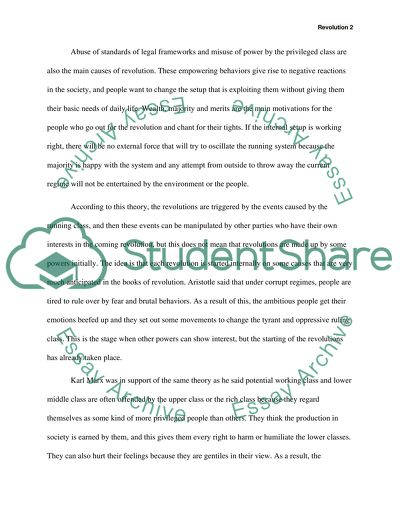Cite this document
(“Do revolutions 'happen' or are they 'made' Discuss with reference to Essay”, n.d.)
Do revolutions 'happen' or are they 'made' Discuss with reference to Essay. Retrieved from https://studentshare.org/history/1465598-do-revolutions-ychhappenyie-or-are-they-ychmadeyie
Do revolutions 'happen' or are they 'made' Discuss with reference to Essay. Retrieved from https://studentshare.org/history/1465598-do-revolutions-ychhappenyie-or-are-they-ychmadeyie
(Do Revolutions 'happen' or Are They 'Made' Discuss With Reference to Essay)
Do Revolutions 'happen' or Are They 'Made' Discuss With Reference to Essay. https://studentshare.org/history/1465598-do-revolutions-ychhappenyie-or-are-they-ychmadeyie.
Do Revolutions 'happen' or Are They 'Made' Discuss With Reference to Essay. https://studentshare.org/history/1465598-do-revolutions-ychhappenyie-or-are-they-ychmadeyie.
“Do Revolutions 'happen' or Are They 'Made' Discuss With Reference to Essay”, n.d. https://studentshare.org/history/1465598-do-revolutions-ychhappenyie-or-are-they-ychmadeyie.


